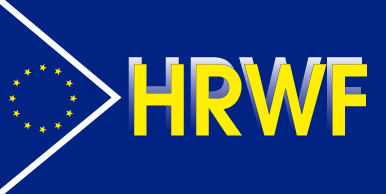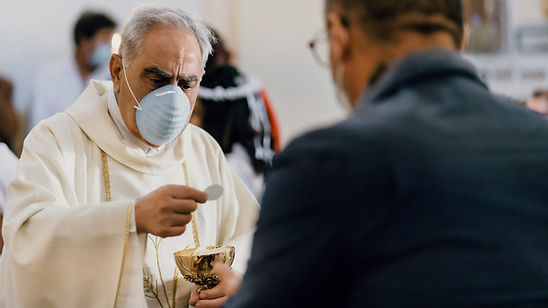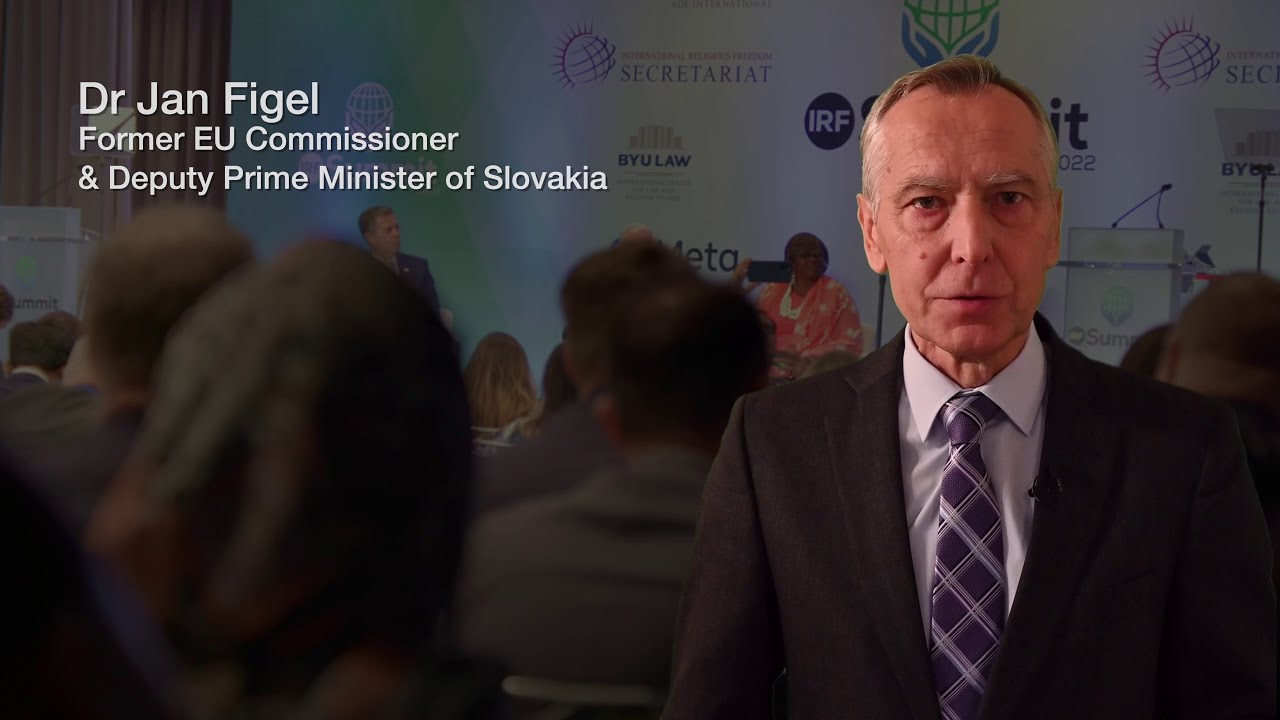Tag: FoRB
-
PAKISTAN: Former EU Special Envoy on FORB spoke on human dignity in Pakistan at the UN
On 26 March, CAP/ Liberté de conscience and Human Rights Without Frontiers organized a side-event about the situation of Human Rights in Pakistan. The keynote speaker was Mr Jan Figel, EU Commissioner for Education (2004-2009) and former EU Special Envoy of Freedom of Religion or Belief (2016-2019). Here are the main insights of his presentation.
-
Figel’ v Slovakia: Potential landmark ECtHR decision on COVID-19 related restrictions to FoRB
The COVID-19 pandemic introduced a period of unprecedented restrictions to fundamental rights, unthinkable no less than five years ago: freedom of movement, assembly, and expression, and the right to private life, among others, were all impacted. Freedom of religion or belief (FoRB) was no exception. In the name of public health, governments all around the
-
Figel’ v Slovakia: Potential landmark ECtHR decision on COVID-19 related restrictions to FoRB
The COVID-19 pandemic introduced a period of unprecedented restrictions to fundamental rights, unthinkable no less than five years ago: freedom of movement, assembly, and expression, and the right to private life, among others, were all impacted. Freedom of religion or belief (FoRB) was no exception. In the name of public health, governments all around the
-
FoRB is an Issue of Life and Death – Assassination of Former PM Abe in Japan
Presentation of Jan Figel at the UNHRC Geneva on January 31, 2023. The Global Human Rights Institution starts its Universal Periodic Review of commitments and their implementation in Japan.
-
EU politicians and religious leaders demand reinstatement of religious envoy
The previous religious envoy was influential in securing the release of the Pakistani Christian, Asia Bibi, from a death sentence in 2019. Calls are growing for the European Union to reinstate its Special Envoy on Religious Freedom, after the post was abolished by the new Brussels Commission under Ursula Von Der Leyen. “In some countries,
-
APPG statement on EU’s Special Envoy on FoRB
The UK All-Party Parliamentary Group for International Freedom of Religion or Belief (FoRB) urges the European Commission to renew the mandate of the Special Envoy on FoRB outside the EU. Dr Ján Figel was appointed the European Commission’s first Special Envoy for the promotion of FoRB outside the EU, following a resolution adopted by the
-
We need FoRB climate change!
Scaling up European Union support to Freedom of Religion or Belief IMPORTANCE OF FoRB Freedom of religion and belief is a condition of good governance, important for believers and non-believers. It is a civilizational objective and criterion, representing freedom of thought, conscience, religion. FoRB protection is a precondition of sustainable development. Why? Development is another
-
To Address Religious Persecution The Mechanism Of The EU Special Envoy On FoRB Needs More Teeth
On February 4, 2016, the European Parliament, as the second international institution, adopted a resolution that formally recognized the systematic mass murder of religious minorities by Daesh as genocide. The resolution, among other things, urged “the members of the UN Security Council to support a referral by the Security Council to the International Criminal Court






